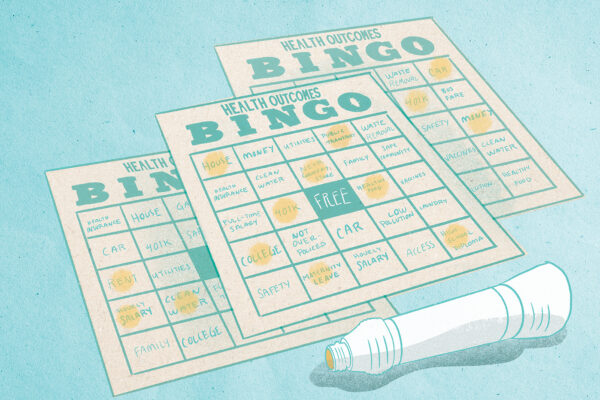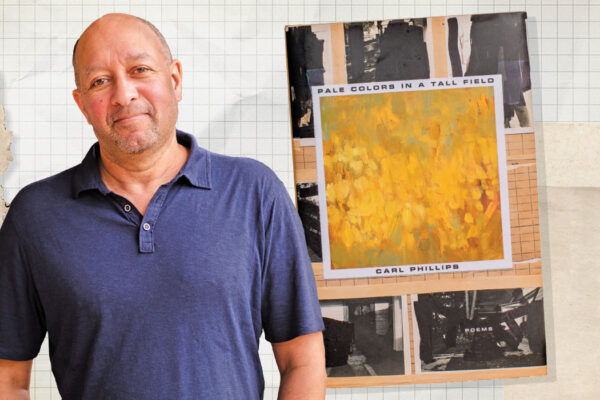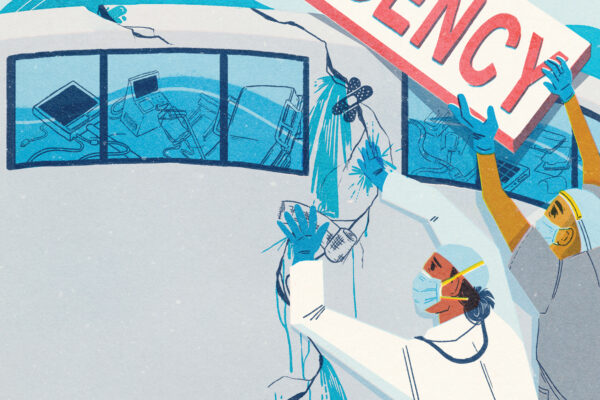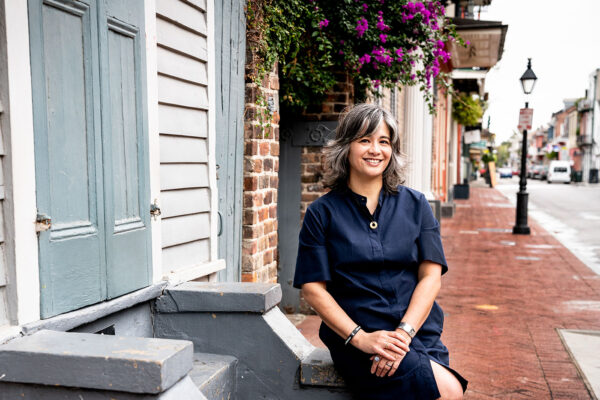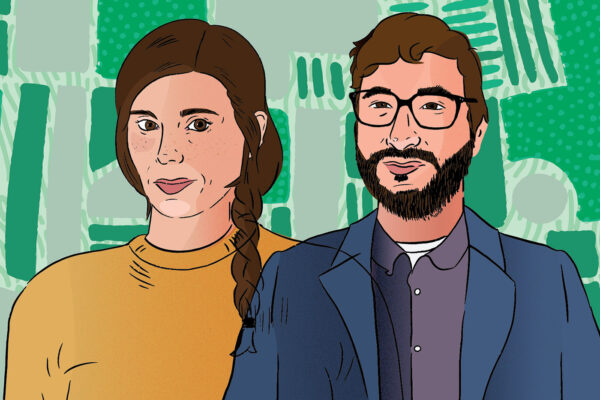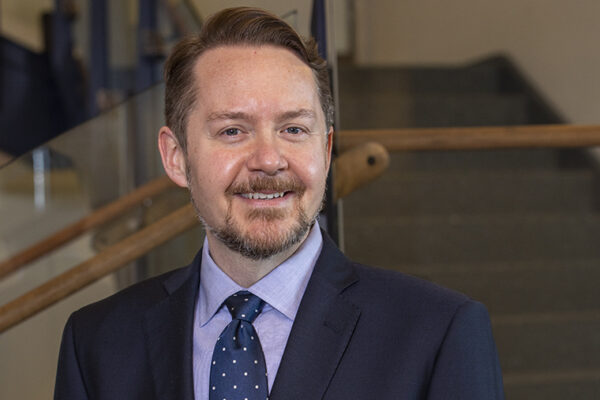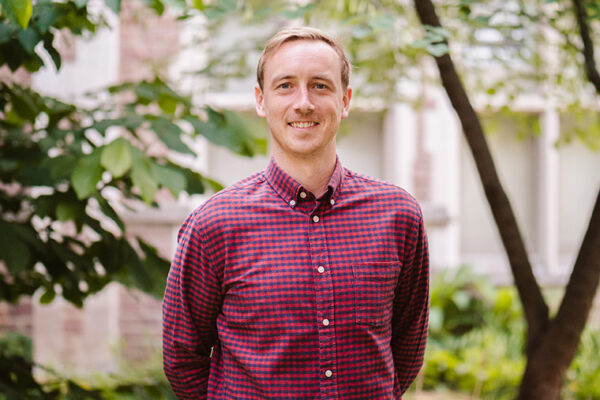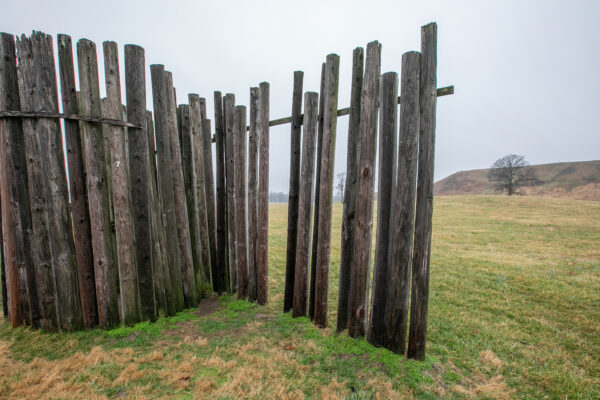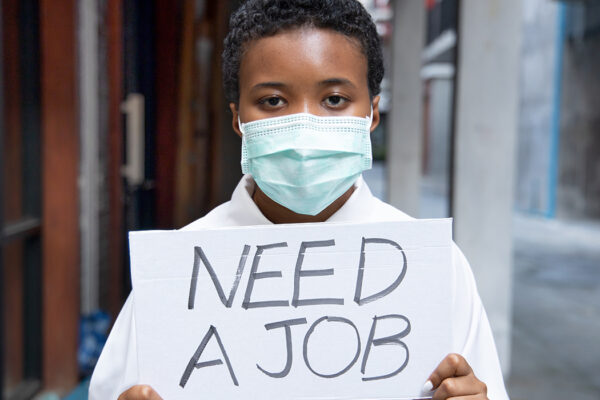New course explores the unseen side of health
In her course “Sick Society,” Hedwig Lee, professor of sociology, shows that lifestyle and genes aren’t the only things impacting health.
Risk as evolution: New poetry from Carl Phillips
In his latest book of poetry, Pale Colors in a Tall Field, Carl Phillips returns to some of his most enduring themes, love, vulnerability, doubt, regret and desire.
Public health after COVID-19
The COVID-19 crisis could reshape public health for the better.
Hacking the gates
Marie Bigham wants to radically reimagine college admissions.
Fresher food for all
Clare Sullivan and Dan Beckmann’s visionary startup, Foodshed.io, is designed to work for everyone.
Executive orders come ‘at great cost’
Like other modern presidents, executive orders may be the only path forward for Biden to deliver on his policy agenda, however these powers come at a great cost, according to Andrew Reeves, associate professor of political science iat Washington University in St. Louis.
Stroud honored with American Society of Naturalists award
Ecologist James Stroud in Arts & Sciences studies how patterns of contemporary natural selection can shape the structure of entire communities. He won the American Society of Naturalists’ 2021 Young Investigator Award, one of the most prestigious for young researchers in the field of ecology and evolution.
Digging deep to discover why Cahokia collapsed
Arts & Sciences archaeologists excavated around earthen mounds and analyzed sediment cores to test a persistent theory about the collapse of Cahokia, the pre-Columbian Native American city once home to more than 15,000 people.
Scientist Masteller receives early-career grant
Claire Masteller, assistant professor of earth and planetary sciences in Arts & Sciences, won a $149,417 grant from the U.S. Army Research Office’s Early Career Program.
Black and Hispanic women, less educated workers among those hardest hit by COVID-19 job losses
The current recession created by the COVID-19 pandemic has especially impacted women — particularly Black and Hispanic women — and less educated workers, magnifying existing U.S. employment inequality, according to new research from Washington University in St. Louis.
View More Stories
